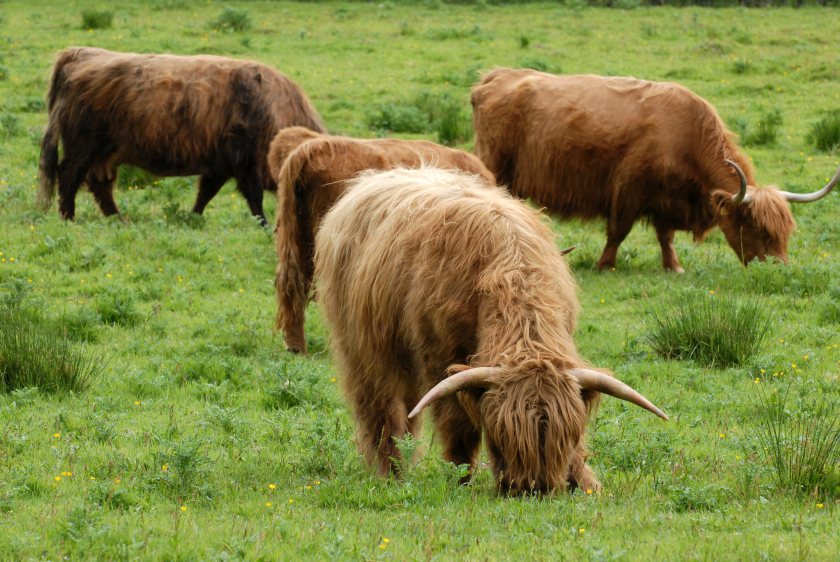Scottish government rejects livestock cuts in backing for farmers

The Scottish government has again rejected calls to cut livestock, backing farmers and pledging to reach net zero without sacrificing rural Scotland’s way of life.
Cabinet Secretary for Energy and the Environment Gillian Martin said in the Scottish Parliament that agriculture must remain central to Scotland’s economy and identity.
The MSP for Aberdeenshire East argued that reducing livestock numbers in Scotland would simply lead to higher imports, adding that such an approach would not cut emissions.
She told MSPs on 6 November: "We will support farmers, crofters and other land managers to continue to produce high-quality food and protect rural livelihoods, while enhancing diversity, soil health and agricultural business productivity.
“Cutting our livestock numbers would mean that we would import more produce from outside the UK. That would not help to reduce emissions globally.”
Martin also confirmed that the UK’s Climate Change Committee (CCC) respects Scotland taking its own approach, reaffirming that farming is at the heart of Scotland.
Her comments follow the Scottish government’s decision in June to reject advice from the CCC and instead pursue a climate strategy tailored to Scottish land use, food production and rural life.
Earlier this year, the CCC, which advises UK and devolved governments on emissions reductions, proposed a 27% reduction in Scotland’s livestock herd by 2040 as part of the country’s net zero pathway.
The recommendation was met with alarm from the farming sector, which has long argued that well-managed livestock systems can play a crucial role in tackling climate change.
NFU Scotland had urged ministers to resist what it described as “narrow proposals” focusing on livestock reduction and instead commit to a realistic, fully funded plan supporting food production, biodiversity and rural livelihoods in tandem.
Recent greenhouse gas statistics show agriculture emissions in Scotland have already fallen by 13.6% since 1990, demonstrating progress without cutting output.
NFU Scotland Vice President Duncan Macalister said farmers were “already cutting emissions and increasing efficiencies — not by reducing output, but by improving how we produce food.”
He added, “It’s about net zero, not zero emissions,” stressing that “grazing livestock are part of the solution, not the problem — especially when managed well in pasture-based systems like ours.”
Macalister urged ministers to clarify how future agricultural support would reflect that reality, asking: “Where does livestock fit in a climate-smart farming future?”
The union is calling on the Scottish government to set out a clear policy framework recognising livestock’s essential role in Scotland’s food system, to ensure future agricultural support rewards low-emission production, and to reject any advice that threatens food security or rural stability.
NFU Scotland says the goal must be a fair, practical transition — one that lets farmers lead the path to net zero rather than bear its cost.








